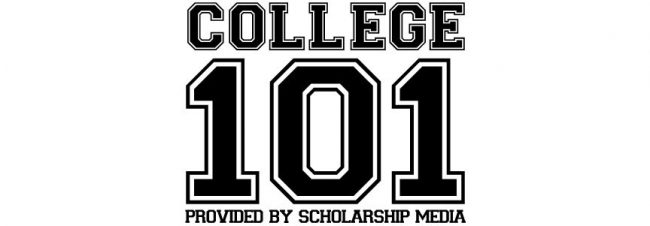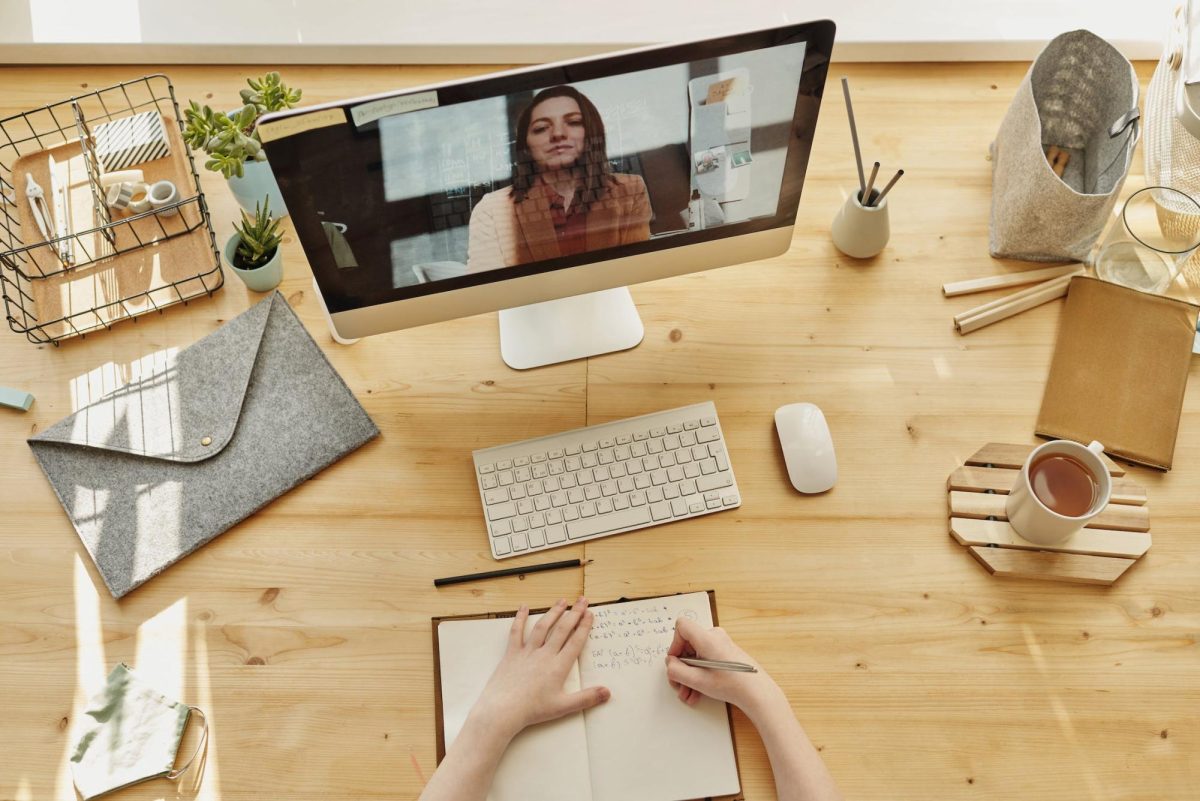I don’t have to worry about where I live just yet, because I’m still living in the dorms here on campus. But I know that once I graduate I’ll have to start looking for an apartment or house to rent and – eventually – a place to buy. So I’m curious: what’s the deal with real estate? I know that’s a broad question, but I’m wondering why it is that so many people rent and then buy, rather than just renting forever, or trying to take out a big loan to buy a house as soon as possible. How does this all work? Is real estate a good investment or just a place to live?
You certainly have a lot of questions, but we’ll do our best to answer them all! Let’s take a broad view here and examine real estate in general, including renting, buying, and the difference between them.
For starters, let’s talk about renting. It’s no secret that, as you say, most of us are renters are one point in our lives or another. That’s partly because renting has its own advantages, and party because buying a home isn’t cheap!
The advantage of renting is that the space you live in isn’t truly yours. That may not sound like a good thing, but there are cases in which you’d be glad not to own a property – such as if a disaster damaged or destroyed the property! As you grow older and save money, you’ll be able to afford insurance policies and other must-have protections for homeowners. But fresh out of school, you’ll likely be content to rent and get only renter’s insurance (a quite affordable and highly recommended form of insurance aimed at renters).
You mention “taking out a big loan” to buy a home, and this, in fact, is what most of us do! It’s called a mortgage, and it is what makes home ownership possible for everyday Americans. But a big loan means a big down-payment, so it’s no surprise that relatively few college graduates buy a home immediately.
But many Americans do buy a home eventually, and home ownership rates remain quite high in regions where homes are affordable. When both renting and home ownership are affordable, home ownership tends to win out. Why?
The idea is pretty simple, says Ryan McCann real estate agent. Rent payments are exchanged for a place to live, but mortgage payments are exchanged for two things: a space to live in and the ownership of that space. If you pay off your mortgage entirely, you don’t have to make monthly payments at all, and you’ll be able to sell your home if you so desire. Rent payments never stop, and you can never sell your rented space, because you don’t own it! When we view things this way, we see that buying a home can be more financially sound than renting one.
Does this make real estate an investment? It sure does. That’s different from saying that we recommend real estate speculation, though: the basic idea of home ownership is that it should be a relatively sound financial decision even if your home doesn’t increase in value.
This advice isn’t all set in stone, of course, and there are plenty of areas of the country where lower home ownership rates reflect the relative difficulty of home buying and the relative value of renting. But now you have a basic idea of how renting and home ownership work, which you can use when it comes time for you to decide where and how to live!
“It’s much easier for me to make a major life, multi-million dollar decisions, than it is to decide on a carpet for my front porch. That’s the truth.” – Oprah Winfrey









